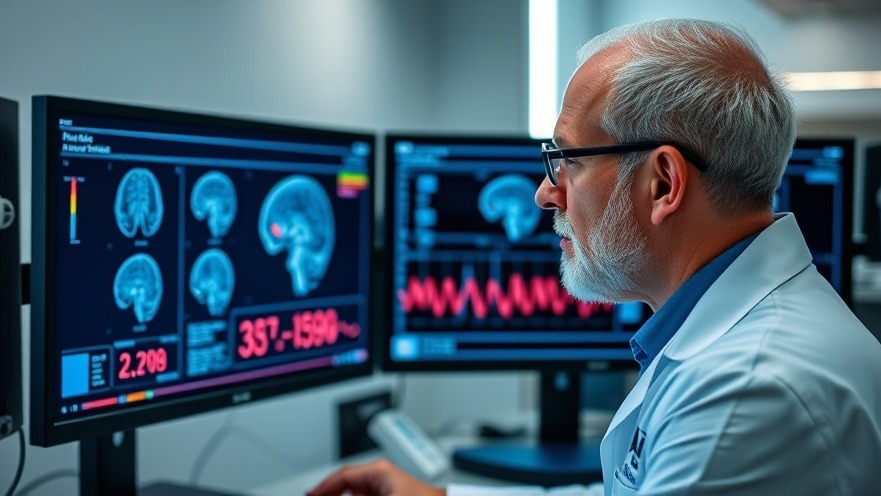
Empowering Parkinson's Research with Data and AI
Parkinson’s disease (PD) stands as a significant hurdle in modern medicine, affecting around one million individuals in the United States alone with a staggering 90,000 new cases diagnosed each year. The complexity of this neurodegenerative disorder, manifested through both motor and non-motor symptoms, hinders effective treatment development. Traditional research models, primarily clinical trials, face limitations such as high costs, lengthy recruitment processes, and a lack of generalizability due to strict inclusion criteria that often exclude older adults and those with other health conditions.
Advancements in real-world data (RWD) and artificial intelligence (AI) offer a promising solution to these barriers, paving the way for a new era in PD research that could yield earlier diagnoses, tailored treatments, and expedited therapeutic development.
Unlocking the Power of Real-World Data
Historically, clinical trials have provided essential insights, yet they only represent a fragmented view of patient experiences. In contrast, RWD drawn from electronic health records (EHRs) and specialized clinical registries create a comprehensive narrative of a patient’s health journey. Analyzing this data offers crucial insights into how Parkinson's progresses in real settings, shining a light on treatment responses and care variations among different patient populations.
Some of the most advantageous uses of RWD in Parkinson's research include:
Identifying Early Disease Markers: Longitudinal analysis can uncover subtle changes in patient behavior—like shifts in gait or alterations in speech patterns—allowing for earlier intervention strategies.
Enhancing Patient Stratification: RWD enables researchers to classify patient populations based on real-world data, facilitating more tailored clinical trials.
Developing External Control Arms: Quality RWD can be used to establish external control arms that replicate clinical trial demographics, thus alleviating ethical concerns and increasing trial viability.
Evaluating Long-Term Treatment Effectiveness: RWD supports ongoing assessments of therapeutic performance across diverse demographic groups during routine care.
This approach marks a significant shift from occasional trial snapshots to a continuous stream of real-world insights, accelerating discovery and fostering patient-centered research.
The Role of Artificial Intelligence in Parkinson's Research
While RWD lays the foundation for innovative research methodologies, AI breathes life into the data through its capacity to analyze extensive datasets effectively. AI technologies can detect patterns that may otherwise remain hidden, enhancing understanding of disease mechanisms and potential treatment outcomes.
For instance, machine learning algorithms can be applied to predict disease progression and patient responses, which can improve the precision of treatment protocols. As technology advances, the incorporation of AI into the realm of Parkinson's research promises significant breakthroughs, opening new avenues for therapeutic interventions and clinical practices.
Leveraging Technology for Improved Patient Outcomes
As concierge health practitioners navigate the increasingly complex technological terrain of healthcare, it is essential to embrace tools and methodologies that enhance patient outcomes. By utilizing RWD and AI, practitioners can gain valuable insights that not only inform their clinical decisions but also strengthen their community standing.
Here are actionable steps for practitioners to integrate these innovations into their practices:
Invest in EHR Systems: Upgrading to EHR systems that facilitate RWD collection can provide a robust dataset for analysis.
Collaborate with Data Analysts: Work with specialists who understand RWD and AI to guide implementation and interpretation of findings.
Engage in Continuous Education: Stay informed through ongoing professional development focused on emerging tech trends in healthcare.
Conclusion: A Call to Action for Practitioners
As the landscape of Parkinson’s research evolves, it is crucial for health practitioners to adapt and leverage these advancements for improved patient care and treatment outcomes. Engaging with RWD and AI is not merely beneficial; it is vital in ensuring comprehensive understanding and support for patients with Parkinson’s Disease. Embrace this technological transformation to enhance your practice and positively impact the lives of those affected by this challenging condition.
 Add Row
Add Row  Add
Add 




Write A Comment